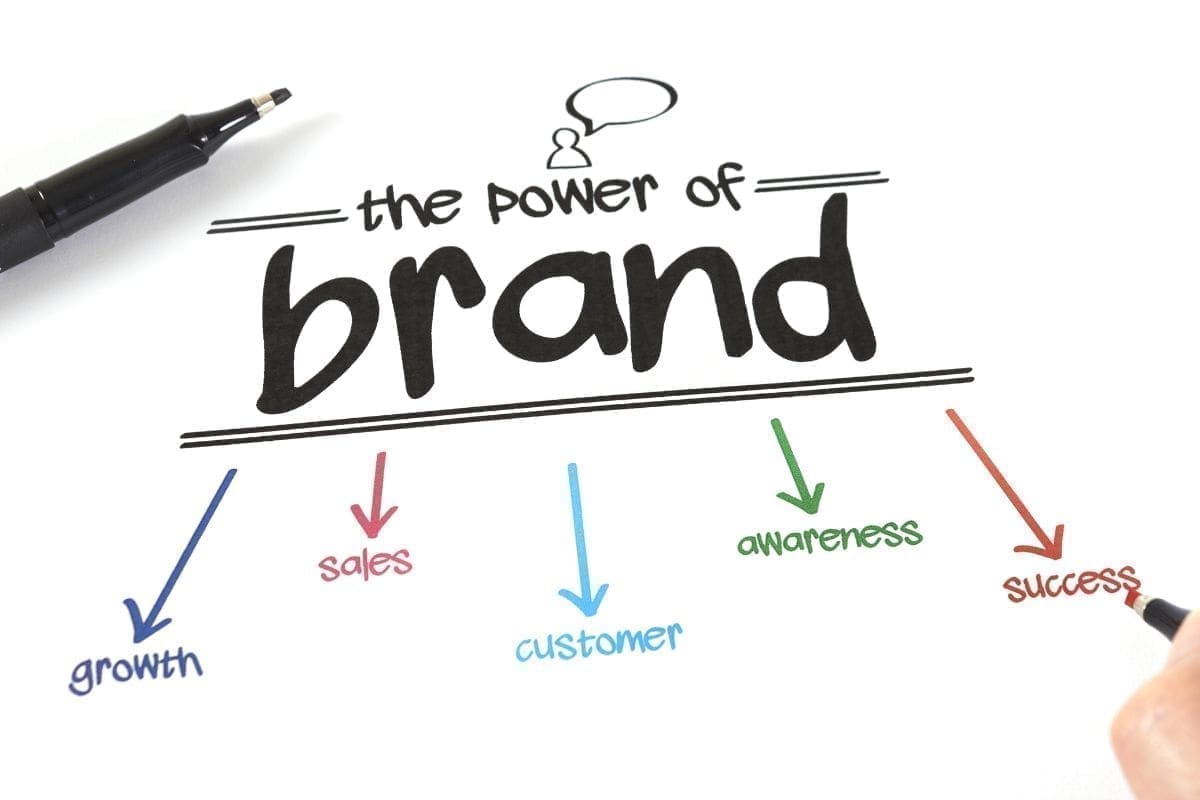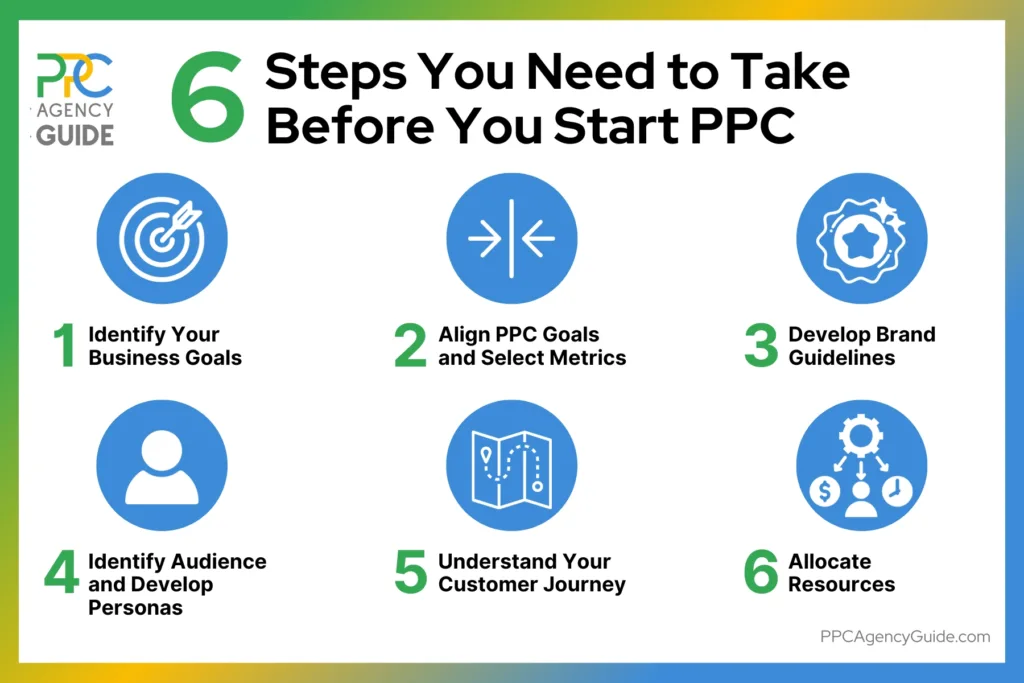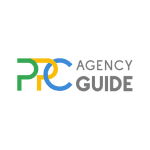
Is your business ready to start pay-per-click (PPC) advertising? With a low barrier to entry and networks like Google Ads and Facebook promoting the ease of use of their platform, it may seem like anyone can jump in and be successful. However, there are a few things you should do before you start PPC. Addressing them now will improve your results, increase the value your business gains from PPC, and make managing your paid advertising campaigns much easier in the future. Below, we’ll quickly examine these areas, why they matter, and how to address them.
1. Identify Your Business and Marketing Goals
Think of your business as a rowboat. A rowboat moves swiftly in the right direction when everyone follows the instructions and rows in tandem. If anyone ignores instructions or does their own thing, they work against the team. The team not only needs to compensate for the lack of effort but must also counter the outlier’s actions. Similarly, everything digital marketing teams do should be in support of an overall company goal to keep the company moving swiftly in the right direction.
For instance, maybe your company wants 100 new customers this year. The head of marketing should then convert these into goals their team can assist with. The goal may be something along the lines of “Generate 100 new leads through social media, 100 more through organic search, and 100 more through PPC this year.”
Overall goals may surround anything from customer volume to sales volume or attrition. It’s not uncommon for marketing teams to be tasked with maintaining current contributions with a smaller budget or fewer team members, too. PPC can help with all these things, but the approach will differ based on the goal.
Find out your company’s objectives for the coming months and how the marketing team intends to “row” with the rest of the company to ensure goals are met.
2. Align Your PPC Goals and Select Metrics
Once you know the overall goals, you can create PPC goals that align with the digital marketing goals.
Let’s use the example earlier in which the company’s goal is to attract 100 new customers. The head of marketing has determined that PPC needs to generate 100 leads to support this goal. Your PPC goal might involve starting early in the funnel by building brand recognition or encouraging more people to consider your solutions. You might also consider launching a retargeting campaign. Additionally, a brand that’s already leveraging PPC might audit its campaigns to see if there are ways to boost conversions.
While your ultimate goal may be to deliver more leads, and you’ll want to track them, you should also identify which metrics will show that you’re headed in the right direction. For instance, you might plan to run campaigns tailored to people in the early stages to introduce your brand to them. In these cases, you could promote your content and use a metric like website visitors to gauge your success.It may be helpful to work with the SMART Goal framework and create specific, measurable, relevant, and time-bound goals. Using the example above, your SMART Goal could be, “Generate 1,000 new website visitors this month using PPC ads via Google and Microsoft search and Facebook.”
3. Develop Brand Guidelines

People see up to 10,000 ads every day, Zippia reports. Consistent branding across all channels helps ensure your company is memorable. It’s essential when building brand recognition and trust, too. Your marketing team should already have brand guidelines. If not, they should be created and used across all areas of marketing before you start PPC.
Brand guidelines naturally include branding elements, such as logos and instructions for proper use, as well as fonts and color palettes. In addition, they should include details about the tone and voice your brand uses, image guidelines, brand story, and values.
Ensure everyone handling any aspect of your company’s marketing has a copy of your brand guidelines and access to logos before moving forward.
4. Identify Your Target Audience and Develop Personas
Whereas consistent branding makes your company more memorable, tailored content helps ensure that your messages resonate with the person reading them.
In PPC, people often talk about “targeting” as a reference to narrowing down the audience by demographics such as age, gender, and location. But, to really be successful with PPC and in marketing in general, you need personas.
Personas are fictional representations of your actual customers. They’re drafted up as dossiers that include things like:
- The persona’s name
- Demographics
- Psychographics
- Professional and personal details
- How they make purchasing decisions
- Pain points
- Goals
You’ll use your personas in virtually every aspect of PPC campaign development, including keyword selection, ad copy, landing page copy, and more. That way, your ads feel like they’re speaking directly to the person you’re trying to reach, and they’re more likely to take action.
Like the brand guidelines, everyone on the marketing team should have copies of your personas and leverage them as campaigns and assets are developed so the people your personas represent develop a sense of belonging no matter where or how they engage with your brand.
5. Understand Your Customer Journey
Most modern customers won’t see a single ad and immediately become customers. For instance, apparel customers have an average of 1.7 touchpoints, while people shopping for laptops have 3.4, Google reports. Some customers even have hundreds of touchpoints.
Behavior varies by industry, business, product, and even persona. Some people will research to understand what their needs truly are and then find products that fit those guidelines. Some will use that information to shop online and compare offers, while others will head to a brick-and-mortar location to purchase.
You’ll also see large variances in the length of journeys. B2B companies, for example, tend to see long customer journeys because many people are involved in the decision-making process, and companies take extra precautions when committing to a solution since they’re unlikely to change for some time after.
Identify these behavior patterns and build PPC campaigns with them in mind to boost your odds of success.
6. Allocate Resources
Ensure you have all the resources needed to run successful PPC campaigns.
- People: PPC isn’t a one-person job. You’ll need technical setup, creative help, analytics, and more.
- Time: Experienced PPC pros spend a day or two setting up most campaigns and invest at least a couple of hours each week maintaining and optimizing them.
- Tools: Equip your team with the right PPC tools in advance to work more efficiently and increase your success.
- Budget: Calculate your PPC budget and ensure you have enough cash set aside. Remember that your overhead costs will usually be ten to 30 percent of your ad costs and will be a separate expense.
Start PPC on the Right Foot with an Experienced Agency
Experienced PPC agencies can help ensure you start PPC on the right foot and tackle the ongoing optimization to ensure you’re always getting maximum ROI from your campaigns. If you are searching for the right partner, explore top PPC agencies across the U.S. to find a team that aligns with your goals and industry needs. To learn more or get started, request a complimentary PPC consultation.



















